Enter the Superheroes
American Values, Culture, and the Canon of Superhero Literature
Alex S. Romagnoli and Gian S. Pagnucci

THE SCARECROW PRESS, INC.
Lanham Toronto Plymouth, UK
2013
Published by Scarecrow Press, Inc.
A wholly owned subsidiary of The Rowman & Littlefield Publishing Group, Inc.
4501 Forbes Boulevard, Suite 200, Lanham, Maryland 20706
www.rowman.com
10 Thornbury Road, Plymouth PL6 7PP, United Kingdom
Copyright 2013 by Scarecrow Press
All rights reserved. No part of this book may be reproduced in any form or by any electronic or mechanical means, including information storage and retrieval systems, without written permission from the publisher, except by a reviewer who may quote passages in a review.
British Library Cataloguing in Publication Information Available
Library of Congress Cataloging-in-Publication Data
Romagnoli, Alex S., 1983
Enter the superheroes : American values, culture, and the canon of superhero literature / Alex S. Romagnoli and Gian S. Pagnucci.
pages cm
Includes bibliographical references and index.
ISBN 978-0-8108-9171-5 (cloth : alk. paper) -- ISBN 978-0-8108-9172-2 (electronic)
1. Comic books, strips, etc.--United States--History and criticism. 2. Superhero comic books, strips, etc.--History and criticism. 3. Graphic novels--United States. 4. Superheroes--Social aspects. 5. Superheroes in literature. I. Pagnucci, Gian S. II. Title.
PN6725.R666 2013
741.5'973--dc23
2013008376
 TM The paper used in this publication meets the minimum requirements of American National Standard for Information Sciences Permanence of Paper for Printed Library Materials, ANSI/NISO Z39.48-1992.
TM The paper used in this publication meets the minimum requirements of American National Standard for Information Sciences Permanence of Paper for Printed Library Materials, ANSI/NISO Z39.48-1992.
Printed in the United States of America
Alex: To my Mother and Father, superheroes in their own right, and to Colin, who knew the best superhero stories
Gian: For Cormac and Loughlin and every other kid who ever dreamed of being a superhero, and for Edel, who is the most super person Ive ever known
Acknowledgments
Alyssa Richman for her wonderful cover art.
Stephen Ryan for giving us the chance to write this book.
And Alden Perkins for her invaluable help in completing this volume.
Introduction
A doomed planet explodes, and its last surviving child is rocketed to Earth. The son of a wealthy family watches his parents murdered before his eyes in a dark alleyway. A noble princess is sent from her isolated homeland to a world of alien values. An unpopular high school student with glasses is bitten by a radioactive spider. A scrawny young man volunteers for a super soldier program to help his country fight a great war. Superhero stories have entertained, enthralled, and inspired children and adults alike for over seventy years. These stories are elemental, simple, inspirational, and powerful. Because they tell of ultimate strength, deep despair, unfathomable longing, and immeasurable bravery, superhero stories have been an enduring form of entertainment reflecting American ideals and celebrating the inherent nobility of man.
Though Superman, Batman, Wonder Woman, Spider-Man, and Captain America have never ceased their battles for justice, the place of superhero stories remains relegated to the proverbial slums of literacy, literature, and culture in general. Comic books are looked down upon, banned from schools, ignored by academics, and critiqued as juvenile. As Aaron Taylor notes, comics remain largely ghettoized in North America after almost a centurypopularly regarded as infantile subliteraturetheir ability to impress upon cultural norms remain quite limited. There was even a time when grandmothers would use comics as liners for kitty litter boxes or as last-minute wrapping paper. Time has brought some change, since today comics are valued as collectibles not gift-wrap. However, few graphic novels are ever taught in schools, and the superhero genre is almost nowhere to be found.
The goal of this book is to establish the importance of the superhero, both as a cultural artifact and as a text to be studied. In this volume we will explore why superhero stories have value, what we could learn from studying superhero comics, and how superheroes shape American culture and values.
Chapter 1 asserts that the concept of the superhero is socioculturally, sociohistorically, and academically significant to our culture. The lessons learned from these characters and stories have become timeless, and the characters themselves have become entrenched in the collective consciousness. From comic books, to television shows, to major motion pictures, superheroes have undoubtedly become culturally significant.
Despite the importance of superheroes to the larger culture, however, academic contexts have yet to honor and privilege superhero stories as significant pieces of literature. In chapter 2, the question of why the academy has made some moves to embrace a limited set of graphic novels while basically shunning superhero literature is examined. We discuss the significance of Maus as the most acclaimed graphic novel of all time while also unpacking the ramifications of that recognition and its significance. We then look at other comics and graphic novels traditionally taught in the academy including Persepolis, Palestine, and others. We also discuss Scott McClouds work and the absence of superheroes in that work. We conclude by examining why the academy purposefully ignores the superhero.
This volume looks to explore the impact of the superhero genre beyond academic contexts as well. In chapter 3, we broaden the focus of the book from academic usage to popular culture implications. This chapter examines debates over continuity and changes to major superhero characters. We look at the new Ultimate Spider-Man, DCs New 52, and major deaths. The focus in chapter 3 is on how fans react to comic creators artistic directions. For instance, the death of the second Robin (Jason Todd) is examined, along with how fans literally voted on whether or not the character would live. This chapter concludes with an examination of comics as a publicly engaged medium.
Picking up on the theme of the publics influence, chapter 4 looks at how comic publishers interact with their audiences, specifically through the lens of companies relaunches. We link the idea of the relaunch/reboot to the larger issue of comic books and superhero stories as evolving mythologies. Specific consideration in this chapter is given to major relaunches in superhero literature including DCs Crisis events and Marvels Ultimate series.
Chapter 5 looks at the aesthetics of the superhero and explores how the visuals of the superhero genre inform its themes. We explore the large scope of the cultural significance of superheroes as iconographic figures. Additionally, we look at the enduring nature of these characters and why certain heroes have become so popular and why that popularity persists. This includes discussing the phenomenal success of superhero films in the last ten years as well as examining the lasting imagery of the superhero including capes, masks, muscles, and the symbols emblazoned on superheroes chests.
Returning again to academic contexts, chapter 6 connects the writing of superhero comics to composition theory. The Stan Lee method of writing is discussed in this chapter, and its implications for the teaching of writing. What teachers can learn about the composition process from the writing of comics is also explored. Finally, we discuss the nature of superhero origin stories and how the writing of these origin stories helps make superhero narratives a unique literary genre.

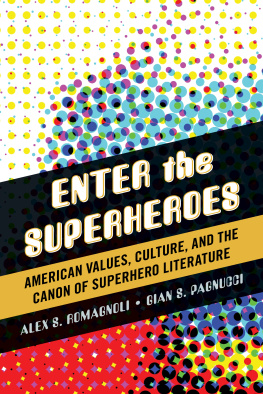
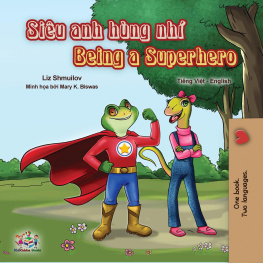
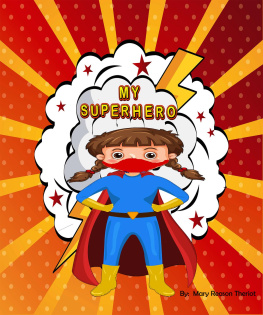

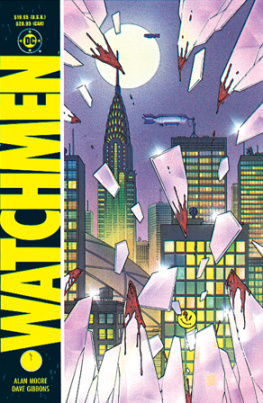

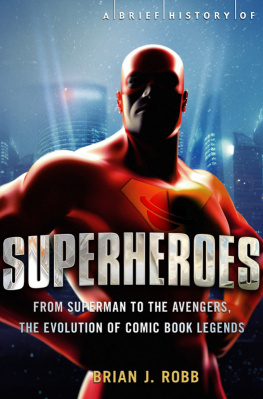
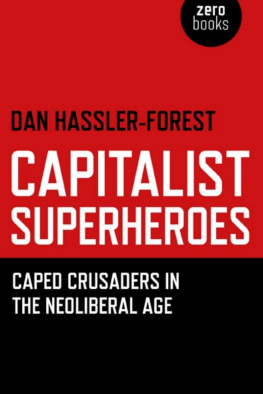
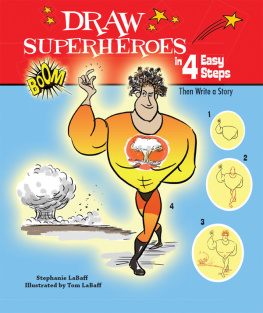
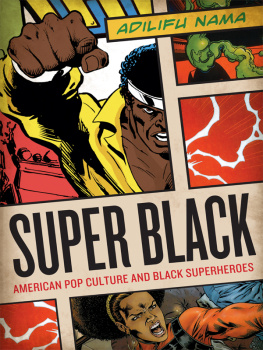

 TM The paper used in this publication meets the minimum requirements of American National Standard for Information Sciences Permanence of Paper for Printed Library Materials, ANSI/NISO Z39.48-1992.
TM The paper used in this publication meets the minimum requirements of American National Standard for Information Sciences Permanence of Paper for Printed Library Materials, ANSI/NISO Z39.48-1992.